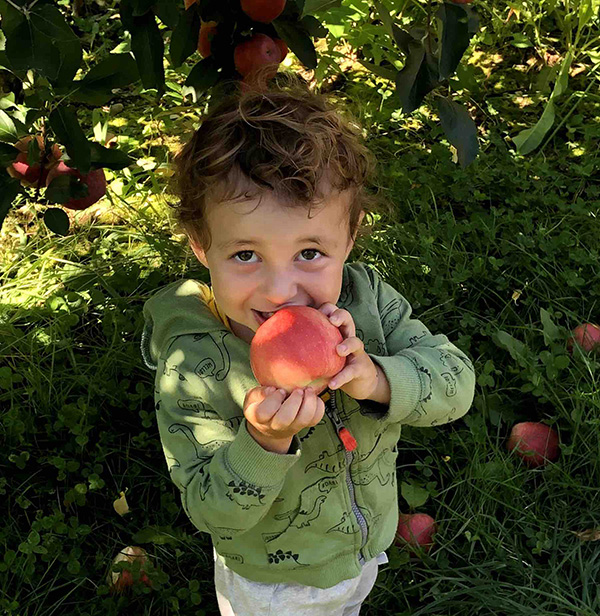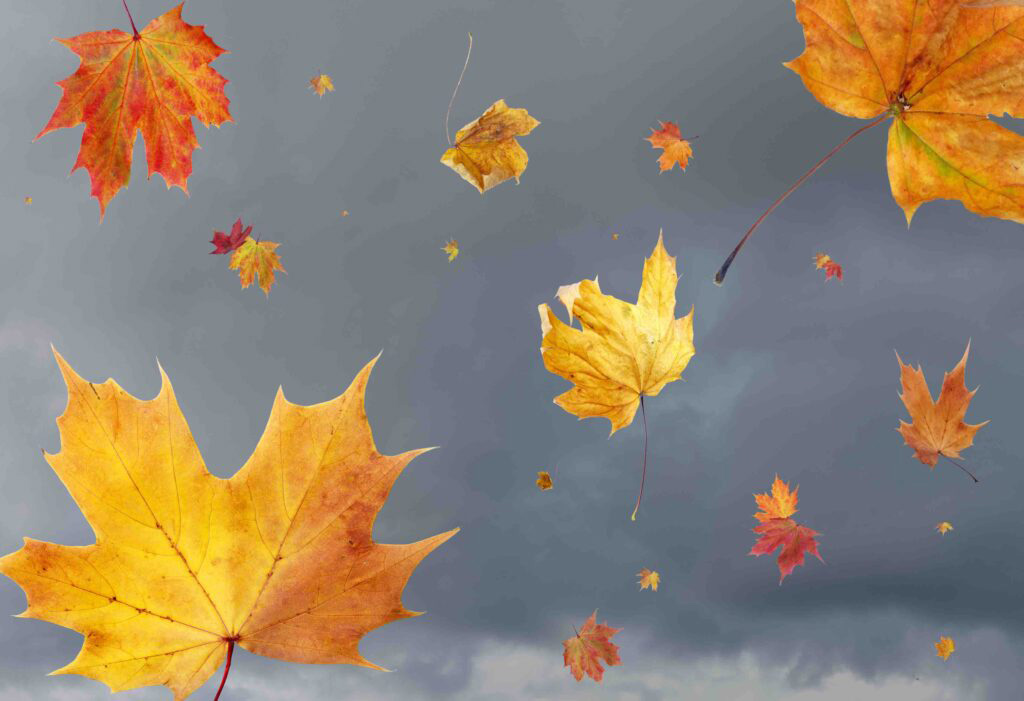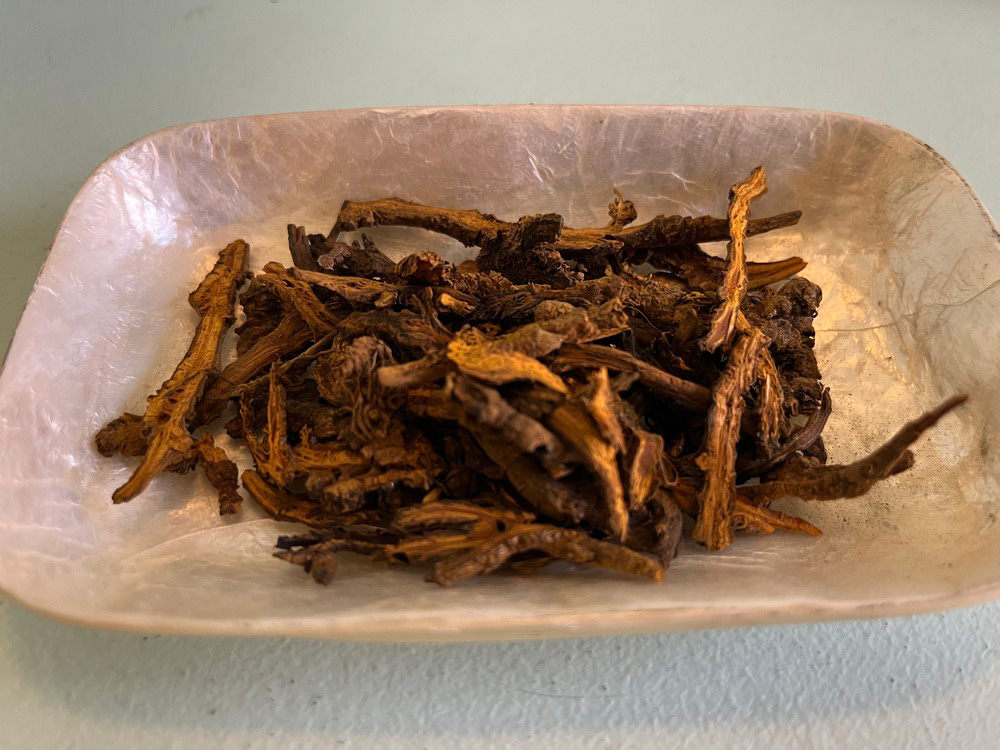Fall is a time of reflection and change. It’s the season for back-to-school activities, darker mornings and cooler nights. In Chinese medicine, fall is associated with wind and dryness. It is also a time when allergies, asthma, and eczemas may flare up. To counter the dry and cooling weather, it is important eat balanced foods tending towards foods that warm and generate fluids. Its also a good time to boost your qi and immune system.
In Chinese medicine, Fall is the season associated with the lungs.
Keeping your lungs healthy
The lungs are influenced by a variety of factors, including diet and emotional stress. Other factors that can affect the health of the lungs include smoking, pollution, and bad air. The lungs are particularly sensitive during the autumn months, and extra care is needed to protect them. By eating foods that are suitable for the fall season, doing deep belly breathing, and taking regular acupuncture sessions, you can keep your lungs in the best shape possible.
Traditional Chinese Medicine and Fall Foods
According to Traditional Chinese Medicine, fall is a good time to eat foods a mix of warming foods and cooling foods that moisten in order to balance the changing season and open the lungs.
Yin foods promote body fluids
Many fall foods are nourishing to the body, and Traditional Chinese medicine recommends certain foods to support the body’s fluid levels and support the constitution. Yin and Yang are two complementary aspects of the body, and the correct food choices can help you achieve balance and avoid illness and disease.
Yin-type foods are cooling and moistening. On the other hand, yang-type foods are warming and drying. Yin and yang foods are both important for optimal health, but too much of either type can lead to imbalances.
In the fall, it is optimal to slightly favor yin foods to counteract the dryer weather.

1. Eat Seasonal foods
Every season it is important to eat seasonal vegetables. I find that Eating seasonal vegetable naturally balances foods with the time of the year. In the fall you’ll see more squashes including turnip, horseradish, butternut squash, which are warm along with leafy greens such as kale, and brussels sprouts that are cooler.
Apples also come out in the fall. The mix of sweet and sour of apple is calming and centering to the spirit.
2. Honey is a yin food
Honey has special functions in Traditional Chinese Medicine. In particular, honey can dispel pathogenic heat, boost the qi, relieve pain, and nourish the yin energy. It is also a neutral food, making it a good choice for a number of conditions, including dryness. Honey is a common ingredient in herbal preparations.
Honey is a wonderful nourishing and moistening food for the fall. It has a host of benefits, including being an antioxidant and anti-inflammatory, aiding digestion, and relieving coughs. This fall food is an excellent choice for those who suffer from coughs and bronchitis.
Honey has been shown to be the more effective than medications at easing cough and cold symptoms.
I always recommend steamed honey and pears to nourish the lung during this season.

3. Pears are a yin food
Pears are one of the most versatile yin foods in Traditional Chinese Medicine. Whether raw or cooked, these sweet and sour fruits nourish and moisten the lungs. This makes them a great supplement to a fall or winter diet.
4. Lily bulbs hydrate the lungs
Eating lily bulbs is an excellent way to prepare for the fall season and bring health to the body. Lilly bulb, called Bai He in Chinese, is a yin type herb and food. Bai he is sweet, slightly cooling, and bitter. It has numerous benefits for your body, including reducing anxiety and calming the nerves by clearing heat from the heart. It is an excellent remedy for coughs and sore throats. The bulb can be consumed raw or cooked, and is also used in stir-fries and soups.
Eating lily bulbs to prepare for the fall season has been used for centuries in Chinese medicine. The bulbs can be consumed as a soup, and can be cooked along with shiitake mushrooms or golden needle mushrooms.
5. Persimmons are a tasty fall fruit
The Chinese harvest festival is coming up soon, and persimmons are one of the most popular fruits around this time of year. This autumnal fruit has many health benefits, making it ideal for the festive season. Persimmons are called Shi Di in Chinese. Shi di is bitter and neutral. It moves the qi of the stomach downwards. The cool autumn temperatures are also perfect for maturing the fruit.



